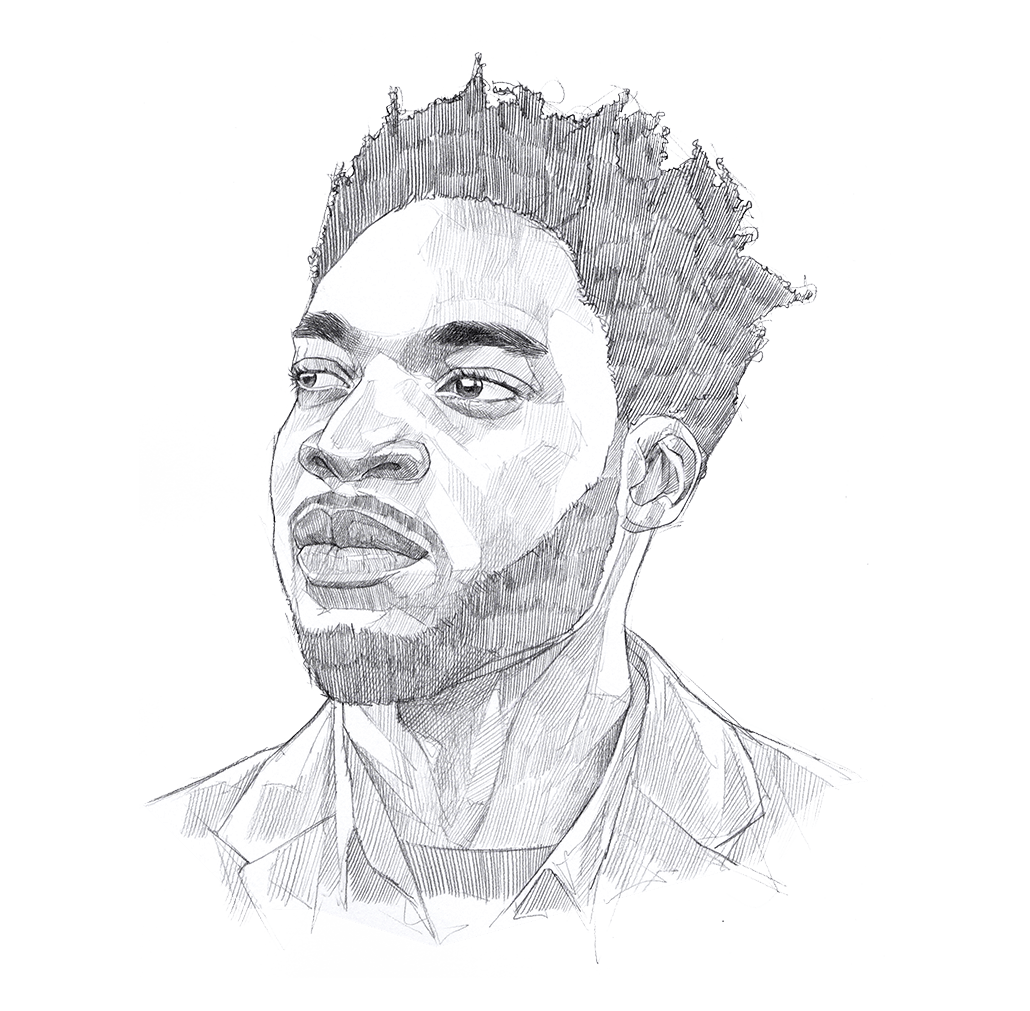East Africa
[If my friend was sexually assaulted], I would calm her down. I would tell her that everything will be fine. Just to console her and give her encouragement. I mean, I wouldn’t obviously force her…
[If someone from our region experiences sexual assault], try to listen to them. I think it’s very important to listen to the situation and not just judge it, you know, as it is. Listen to…
Participant 1: Talking with someone who can relate with this stuff would be helpful […] so they won’t misunderstand what you’re saying. They will understand your context and it is easy for them to give…
Participant 1: It’s just that we are used to sexual assault. We don’t really talk about it back home, right? Participant 2: Right, like it happens but it’s not something that is talked about that…
To understand somebody [who has experienced sexual assault] and to be able to communicate with someone, you have to choose your words carefully. You have to choose your thoughts, cause thoughts leads to words, and…
Facilitator: Yeah, cause like, in Africa, if it happens, then it was your fault. Most times in Africa, they tell you [the person] raped you because, “I told you not to wear that short skirt.”…
If you, if you try to harass people or assault people, there are repercussions. There’s a punishment for that, there’s a price to pay. So – but when there’s no price, people can do whatever…
Participant 1: In this policy, it seems as if the – Participant 2: […] The complainant? Participant 1: Yeah, that they have a voice. They have a choice to do what – Participant 2: They…
Paricipant 1: As an international student, how would, like – the criminal justice system, like […], when you go to the police aspect-side […] how, would that be like, would that be eligible in a…
How do we condemn [someone accused of sexual assault] just because somebody came forward and said “Oh, I was sexually assaulted”? Like, do you do different investigations? Do we give more voice to the person…

